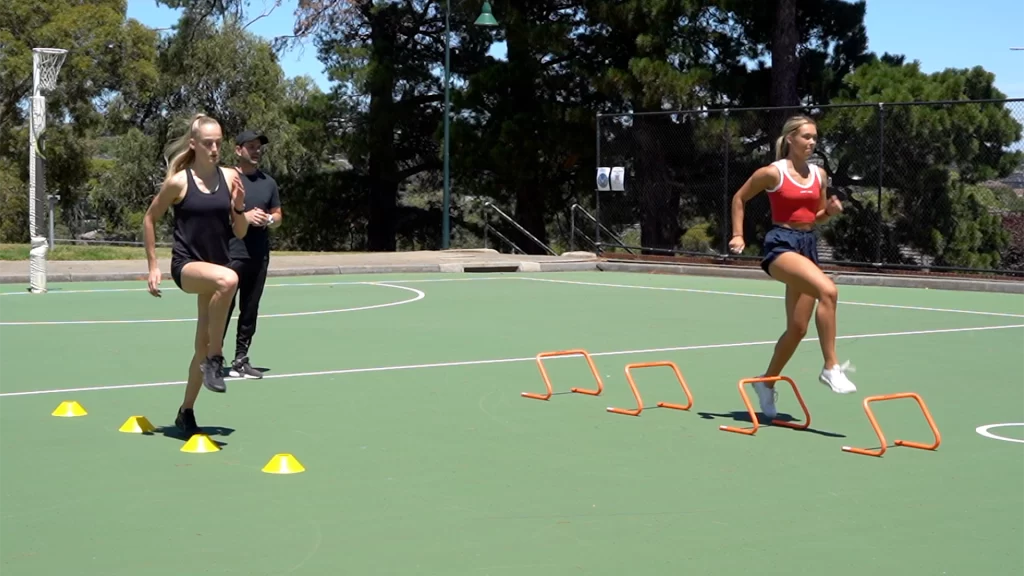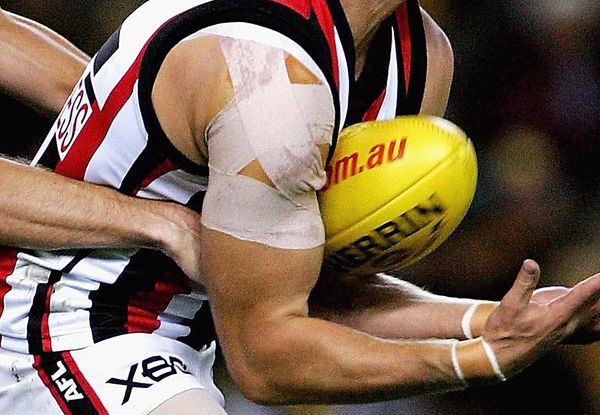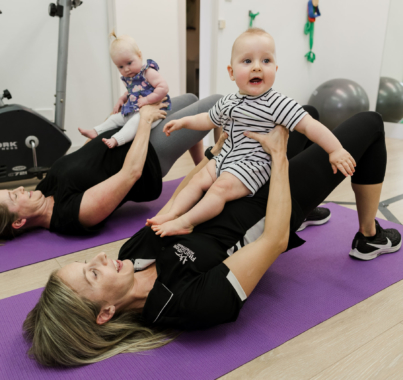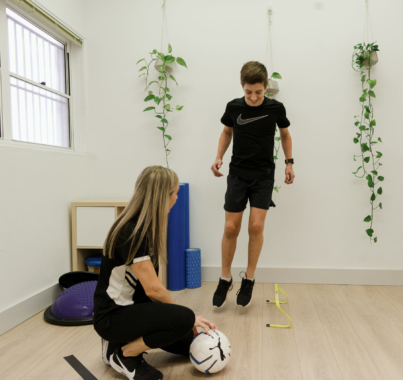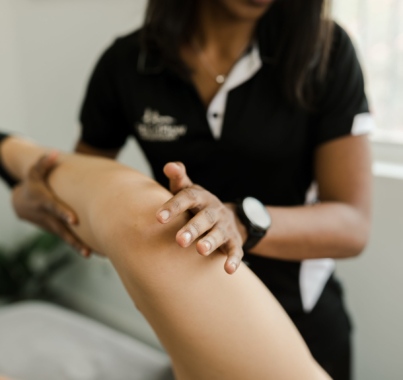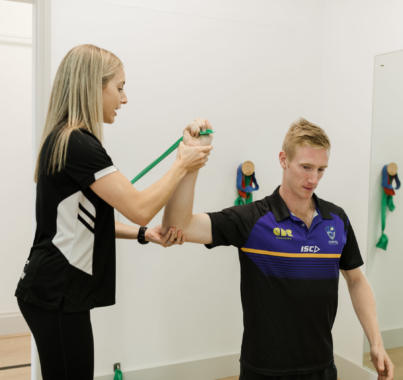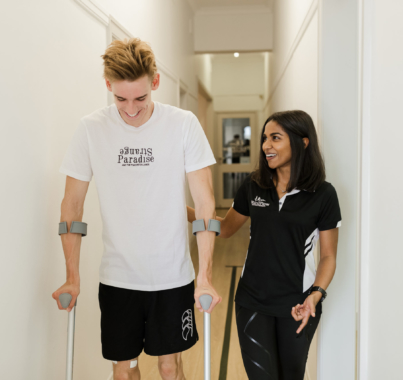How to Manage Niggles
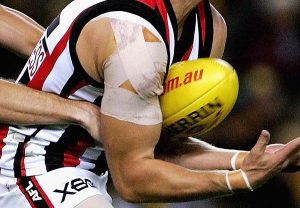
Persistent niggles that linger throughout a sports season are common. There are strategies for managing that can help you through the remainder of a season, as well as addressing them during the offseason to prevent their recurrence the following year.
Minor injuries, or “niggles,” might not be severe enough to stop you from playing, but they often become more noticeable as the season progresses. You may start to feel them earlier in games, notice them longer after games, or find yourself avoiding certain activities during training or daily life. When is the right time to start taking these signs seriously?
Niggles should be addressed as soon as you start to notice them. When you start to feel pain or discomfort, it’s your body’s way of telling you there is an imbalance between training load and your body’s tolerance. If this is addressed early on, there are some simple strategies you can employ to allow the body to recover, and avoid too much disruption to your training.
Some ways you can modify load when feeling a niggle are;
- Reduce playing minutes in a game
- Rotate positions throughout a game to allow recovery within a game
- Change the surfaces you’re training on
Eg. Run on grass instead of concrete, or vary the shoes you train in - Increase the amount of recovery your are completing
Eg. prioritise sleep and nutrition, increase mobility, prioritise rehab exercises, strategies such as ice, compression, resting throughout the day - Modify training sessions by replacing more intense drills/game scenarios with rehab exercises or skill practise
There are plenty of ways to still be involved in training and to focus on performance, whilst allowing the body to recover from overload.
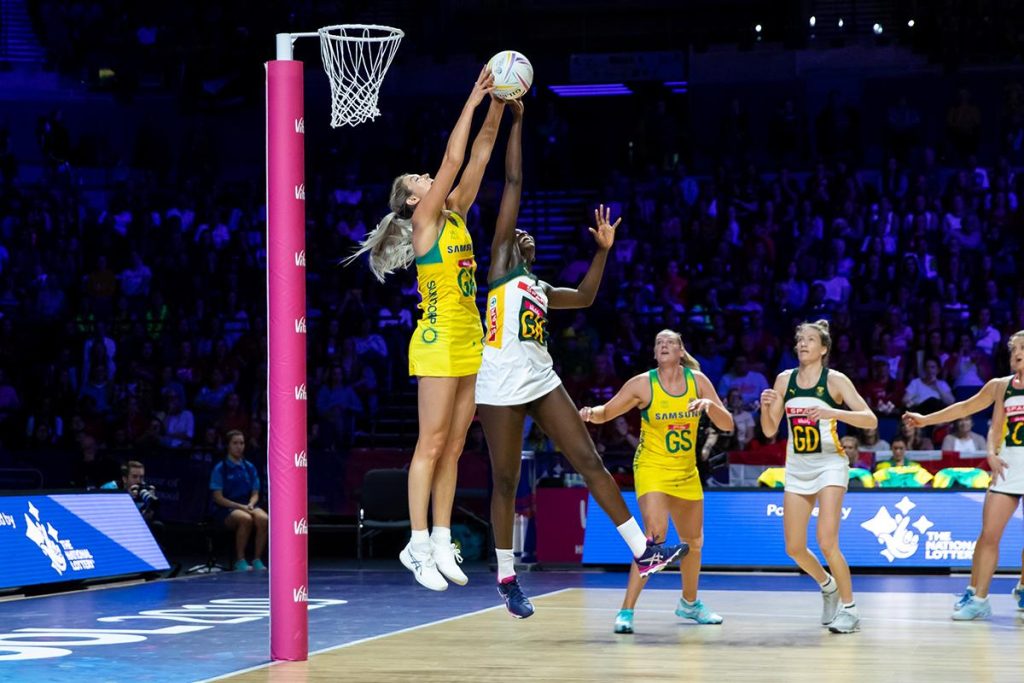
How do we avoid niggles?
If you participate in sport, niggles are inevitable. The unpredictability of intensity and load in games makes it difficult to completely prepare. However as mentioned above, niggles can be managed so that they don’t result in missed games. And more importantly, adequate preparation leading into a season will significantly reduce the incidence and severity of these niggles.
How do we prepare?
1. Strength
2. Fitness
3. Skill and game practise
- Strength happens in the offseason, when training loads are lower and there is more time for your body to recover.
To allow maximal strength gain, exercises need to be heavy and challenging. There should be a large focus on technique, and movements should replicate those that are apparent in your sport.
For example, running requires high levels of calf strength, therefore an off season running strength program should involve a number of variations of heavy calf raises.
A swimming or water polo off season program will involve lots of overhead shoulder strengthening exercises.
And contact sports such as rugby or AFL will involve lots of core strength, and explosive power-based exercises to reduce the incidence of concussions and to prepare the body for contact.
2. Fitness
Will often occur in a pre-season block. This helps the body prepare for the amount of running volume that occurs within a season, and ensures the body can withstand the length of the season. Pre-season fitness programs will often replicate plays in a game, eg. 50m sprints for rugby winger, or short sharp 15m sprints for a netball wing attack. Or they will target the energy systems needed to complete an event eg. anaerobic fitness for a 200m track sprint, or aerobic fitness for a triathlon.
3. Skill and game practise will occur as the season approaches, to ensure the body is prepared for the specific movements and demands of the sport.
There a plenty of ways to manage niggles and still be involved in training and play.

